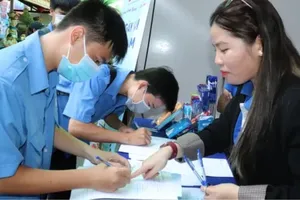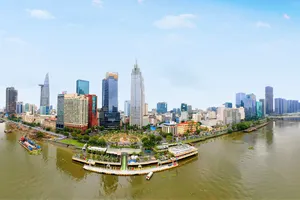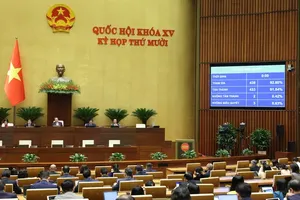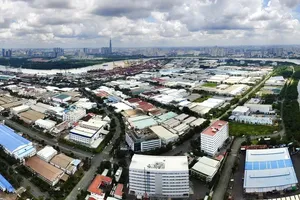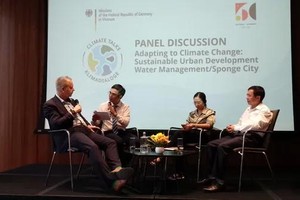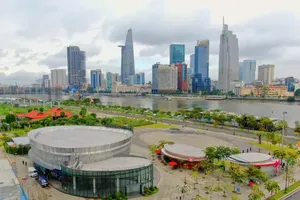
Its health facilities could take in 1,200 patients with COVID-19 at a time, but when one person gets the illness, 280 people have to be quarantined, he told an online meeting with the city Steering Board for COVID-19 Prevention and Control on March 24.
So if the city has 300 patients, 84,000 others have to be quarantined, and they could not accommodate 10 percent of that number, he said.
He said the country is trying to prevent the number of COVID-19 cases from rising to 1,000, and so the city should not allow it to exceed 300. Experiences from COVID-19-hit countries have shown that 100 increased to 1,000 within 10 days and to 2,000 within three days.
So the next 10-14 days would be important and decisive for the city and the country, and it is a big challenge requiring the public, and relevant organisations and agencies to join the prevention effort, he said.
If there are 2,000 new cases a day, hospitals with thousands of beds would not be enough and there are not enough quarantine areas either, he warned.
Limiting travelling is one way to prevent the spread, and so everyone should limit their travel at this time, he said.
He called on relevant agencies to think about allowances for people who stay at home to take care of their children like Japan, saying they stay at home for the benefit of society. They could seek donations from the private sector if the city lacks the funds, he said.
The city would control transmission from other countries and strictly quarantine people at high risk of transmission, he assured.
Standing Vice Chairman of the municipal People’s Committee Le Thanh Liem urged local authorities and other relevant agencies to visit every house to find out if anyone has come from other countries since March 8 and test and quarantine anyone at risk at home or quarantine areas.
They also should advise people aged above 60 to stay at home and limit contact with other people, he said, adding all residents should comply with preventive measures.
Universities that have students still staying in their dormitories should encourage them to go home avoid transmission risk, he added.
HCM City is now under high pressure of a surge in novel coronavirus infections due to the influx of Vietnamese nationals and foreigners entering the city from abroad, said Nguyen Thanh Phong, Chairman of the city People’s Committee.
The Tan Son Nhat International Airport in the city receives an average of 1,300- 1,800 Vietnamese nationals from overseas every day, he said.
All arriving people from abroad are subject to a 14-day mandatory quarantine to prevent the spread of imported infections, he stressed.
By 7pm on March 26, HCM City reported 36 COVID-19 cases, of whom three have fully recovered.
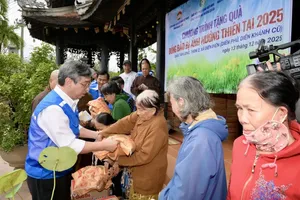
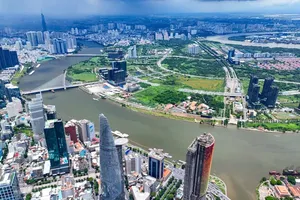



)


